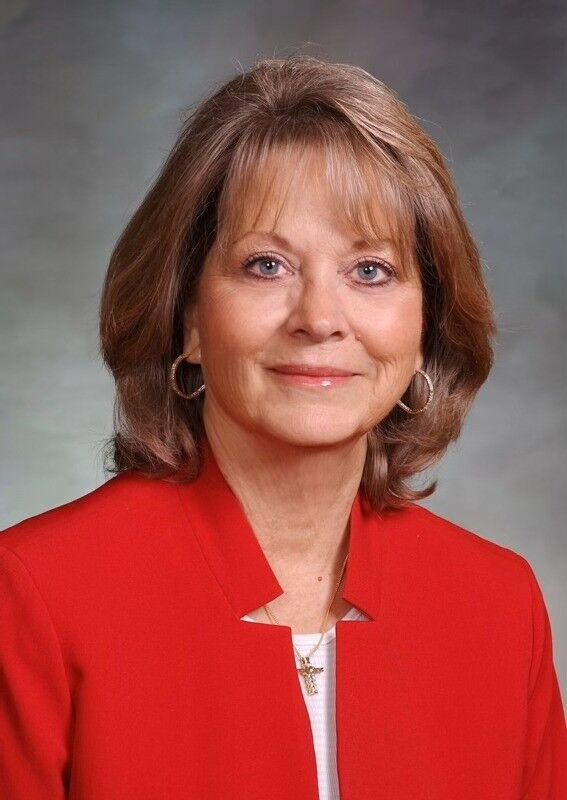Proposition 110: a ‘practical, strong and sustained’ fix for state’s transportation woes

As a Republican, I was a late and reluctant convert to the concept that we needed to find new dollars to make significant and lasting improvements to our transportation system. But reality is a stubborn master. To find a solution that truly addresses what our citizens are demanding, not just scratch the surface to address years of neglect, the only viable answer is Proposition 110.
Proposition 110 has earned support from nearly 100 local governments as well as dozens of mayors, county commissioners and former local officials because we know it is a practical, strong and sustained solution to the problems that beset every corner of Colorado.
Each year legislative leaders in both parties are quite right in vowing to make transportation a funding priority, yet despite all best efforts, each May we learn that the sizeable, statewide investment needed to turn the tide in transportation is simply not there.
The challenge is politics, but it’s also math.
The last time the state increased taxes to fund transportation was 1991. Over that 27-year period, Colorado’s population soared, yet our lane miles have been largely flat. The purchasing power of the gas tax has been slowly diminishing as fuel efficiency has risen and more drivers choose electric and other alternative fuel vehicles.
Also read, “Proposition 109: it takes care of Colorado’s transportation needs – without a tax hike”
The result is that Colorado’s spending per driver has been cut in half. Yet, every Coloradan knows that our transportation needs have increased. At the state level alone, the Colorado Department of Transportation has a $9 billion list of projects that it cannot fund. This is in addition to the billions in local projects that we in local government know must be addressed to protect our quality of life and safeguard local economic growth.
The growing size of the problem requires a solution rooted in reality. This is why I am backing Proposition 110.
For an additional 6 cents in sales taxes on a $10 purchase, the measure creates a dedicated, sustainable source of transportation funding. This generates more than $700 million in the first year, which will be bonded to create $6 billion to address state projects – a strong step forward toward addressing the CDOT project list.
You can see the specific list of state projects by visiting www.LetsGoColorado.com.
Equally important is that 40 percent of the new revenue goes to cities and counties (20 percent to each group) for local projects. This is critically important because 88 percent of Colorado’s roads are locally owned and maintained. As a mayor, I have been working with our council and with local citizens to identify the local projects that are vitally important to our community. And we will be 100 percent accountable for delivering transportation solutions with those dollars.
An additional 15 percent will be dedicated to multi-modal projects such as ride services for seniors, mobility for the disabled, first-and-last mile transportation services and others.
This proposed, dedicated sales tax – which expires in 20 years – will also capture revenue from the tens of millions of tourists who visit Colorado each year and have been getting a bit of a free ride. The terms of Proposition 110 protect this new revenue from politicians who will not be able to use it for any other purpose.
Some have said we don’t need a dime of new revenue, or a dime for local projects, using a talk-show slogan to pitch a competing measure, Proposition 109. The key is to get beyond the bluster and look at the substance. First, Proposition 109 is woefully inadequate to tackle the massive transportation challenge we face, having only a $2 billion net impact. Secondly, it is fiscally irresponsible, because it floats bonds that have no dedicated source of revenue. Many have pointed out that this is exactly like applying for a mortgage without having a job.
The concern is that when state revenues dip, as they inevitably do when Colorado faces an economic downturn, the bonds must be paid back somehow. This puts schools, colleges, public safety, healthcare and other priorities on the chopping block, as they have been in the past.
Finally, it offers no support for local communities and local priorities.
Proposition 109 offers the potential for a lot of pain for very little gain.
Colorado has a history of coming together and addressing our deep challenges as one state, not a patchwork of competing regions. Our history is one of practical solutions to real problems. Our ailing and overburdened transportation system is one of the most pressing challenges we face, and the solution that provides the relief our families, businesses and communities seek is found in Proposition 110.














